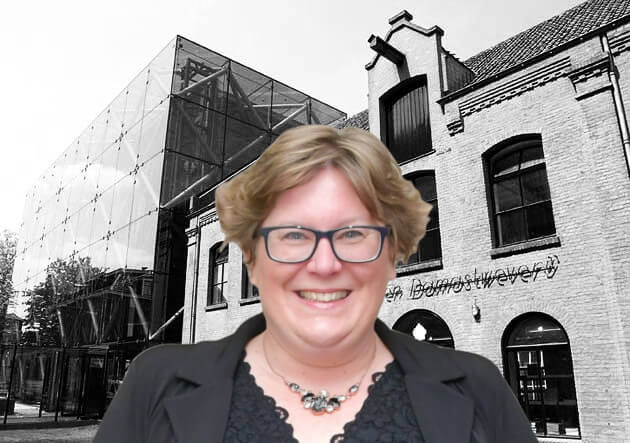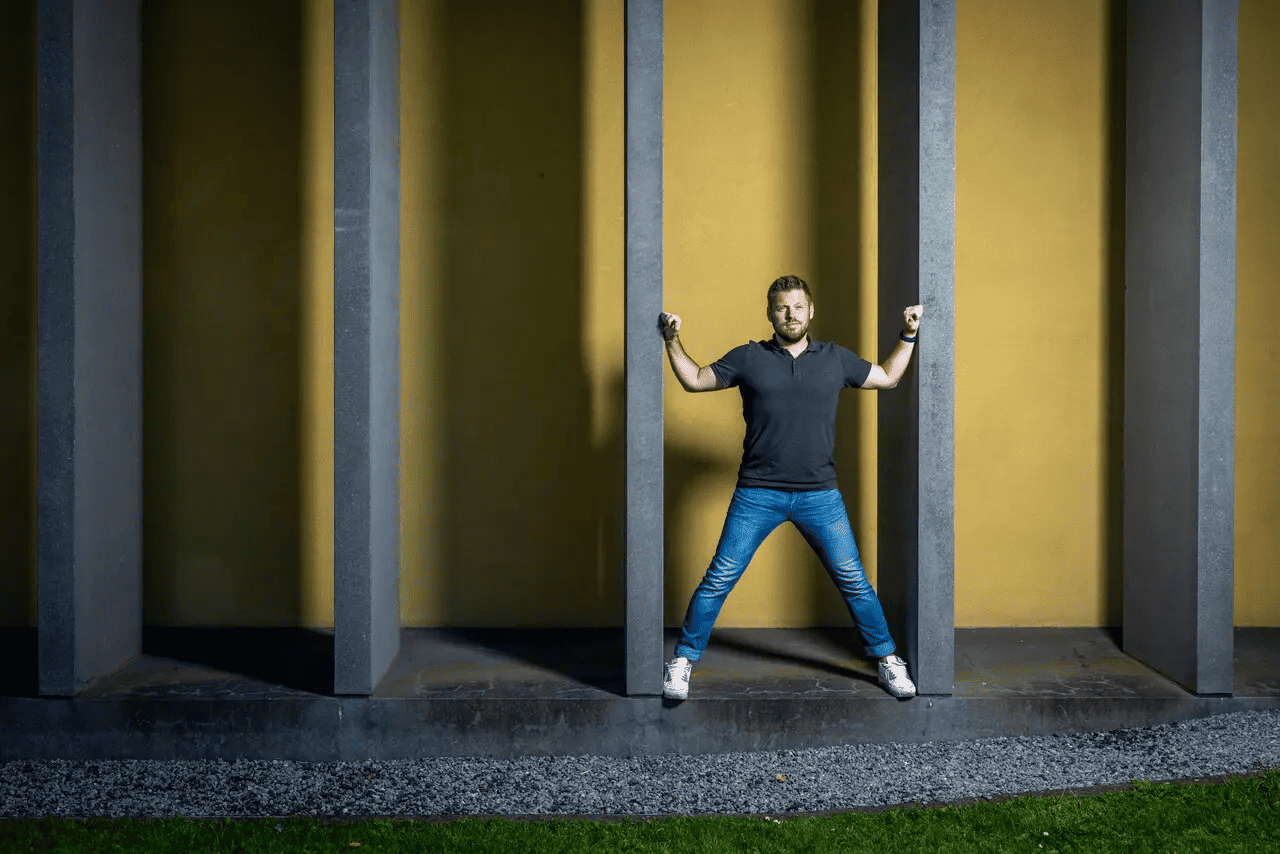
Over the Christmas vacation, I attended a lecture by the professor with the most fans in the Netherlands (and perhaps the world): Professor Dr. Freek Vonk. Okay, Freek Vonk doesn’t call his lecture a “lecture” but a “show,” and he held his lecture not in a lecture hall but in a concert hall, but that’s just a matter of framing. When you share a story about bioluminescence with the goal that people will learn something from it, you are just lecturing.
From stammering to marveling
Two things hit me during this lecture. First was his frame of science. Biologist Freek Vonk explained that he sees every animal as a story and that every story deserves to be told. His frame was not his knowledge of the animal, which he obviously also possesses, but his frame was that of the story. Freek Vonk teaches you to look at an animal; he doesn’t teach you to dredge up all the facts about the animal. Freek Vonk teaches you to marvel, not to stammer. A good museum does the same: it not only shares the title of a painting and the year it was painted but teaches you to look seriously at a painting. Teaching others to look is one of the greatest talents of any professor.
The second thing that touched me was his call for active awareness and behavioral change: now that you have all these insights, what do you do with them? How do you deal with it responsibly? In the case of Freek Vonk, he called on everyone to treat the fragile natural world well. The title of his lecture, “Animals in the Dark,” therefore not only referred to bioluminescence, or the emission of light by living organisms, but was also a call to place the animal kingdom and nature as a whole not in the dark but in the light of our attention.
“Educational Innovation”
In recent years, many educational institutions in higher education have ensured that the chances of students meeting a professor like Freek Vonk are minimal. Under the guise of “educational innovation”, lectures have become increasingly entrenched. One example is the HILL (High Impact Learning that Lasts) method, in which lectures are put in the dumbing-down corner because a lecture would not sufficiently engage the student. In such an educational construct, an instructor becomes a coach and coaches students through their own learning process. The idea is wonderful; the problem, however, is that the wrong thing is being bandied about.
The problem is not the lecture; the problem is the uninspiring lecturer. Lectures are boring when given by lecturers who read out slides prepared by someone else, when they are based on whatever is already in a book, and when the goal is to regurgitate as much knowledge as possible. Rows, definitions, lists of factors – none of these really belong in a lecture. Boring lectures are not boring because it is a lecture, but because the person delivering the lecture is boring.
Preparing tomorrow’s innovators
Let it be mostly exactly those types of lecturers, those of those boring lectures, who are fine with going through life from now on as coaches instead of lecturers. If you hated preparing a lecture anyway, you’re glad you no longer have to do that. At the same time, you want to prepare students for the future, the innovators of tomorrow, with a teacher who teaches them to look and act differently. A kind of Freek Vonk, in other words. You don’t begrudge them being coached by lecturers who don’t have the inspiration to give an inspiring lecture. Still, you do begrudge them the lecturers who transform their lecture into a show and, with their show, have the goal that their audience goes home inspired. You begrudge them buildings with the most inspiring theaters where lecture shows can splash and pop, rather than large learning squares full of conference tables for conversations with your coach. You wish them to return home with a mind-blowing feeling and that they have really been made to think.
Innovation doesn’t start with knowledge and facts. Innovation starts with inspiration and passion. It is precisely to convey that inspiration and passion that the lecture is the ultimate medium. Innovative higher education cannot exist without inspiring lectures. I would like the innovators of the future to be taught by the ‘Freek Vonk’ of their field during their studies: by a professor who pulls out all the stops to deliver the most inspiring lecture and who is only truly happy if that lecture has set something in motion in the student: if his stories have prompted them to wonder, to think and to behave differently. Lectures are not old-fashioned; they are the most innovative education you can offer a student.








